
A Guide to Greenwashing and 7 Ways to Spot It
What is greenwashing?
Greenwashing occurs when a company makes false environmental claims in order to sell more products. The term was first coined in the 1980s, and it has since evolved to denote a whole range of subtle, misleading ways in which brands communicate their environmental policies and practices.
Greenwashing happens across many different industries, from fashion to energy, transport to food – whenever products are incorrectly claiming to be eco-friendly. It can be seen in everything from the vague claims in H&M’s Conscious Collection, to Nestle stating that “Bottled water is the most environmentally responsible consumer product in the world”.
Greenwashing is an issue because it encourages behaviour that continues to hurt the environment, under the false guise of environmentalism. It takes advantage of the environmental movement, and people’s trust, using sustainability claims to divert from other unsustainable practices, perpetuating habits that are damaging to the environment.
How can I spot greenwashing?
Nowadays, there are many different ways in which this occurs. One of the best ways of combatting greenwashing is to recognise it. It can be surprisingly hard to spot, taking many different forms, such as:
-
Exaggeration: When policies and impacts are communicated in misleading ways, making it seem like they have a greater impact than they really do.
-
Not telling the whole story: Many brands are conservative with the truth when it comes to their environmental policies. Often, they will claim that a product is green based on a small selection of environmental attributes, leaving many questions unanswered over other important environmental issues.
-
Vagueness: This is often a way in which businesses make unsubstantiated claims, using broad and unspecific terms to give an impression of sustainability, that’s ultimately meaningless. One crucial flag here will be a lack of proof; there may, for instance, be a passing mention of ‘organic cotton’ with no observable certification.
-
Diversion: Making a claim that’s truthful but irrelevant to environmental impact.
-
Graphics: Use of green, the clever positioning of a leaf – these are just some of the tactics that businesses use to give the ‘impression’ of sustainability, without it meaning a thing.
-
Token efforts: Some businesses may have environmental initiatives that are tiny in proportion to the company size. They then use this to claim that they care about the environment without actually investing a proportionate amount of time or money into improving their ethical credentials.
-
False claims: Back to the basics…saying something that’s simply not true!
How do I know if I’m buying a truly sustainable product?
The best thing to do is to look for evidence. This can be in the form of certifications or data from a reliable resource. There are many certifications associated with responsible/organic textile production. There are some really useful online guides which allow you to look up a whole range of trustworthy standards across different industries.
Another useful strategy is to look at the product within the context of the whole brand. Does the brand incorporate principles of sustainability into its entire mission? Do they care about the whole lifecycle of their products, rather than just making sales? Can you see the full story, and is there a sign of honesty and transparency? By choosing the brands that clearly state and act upon their environmental mission, you can avoid the risk of choosing stand-alone ‘eco’ products from companies that are more interested in making sales than they are about protecting the environment.
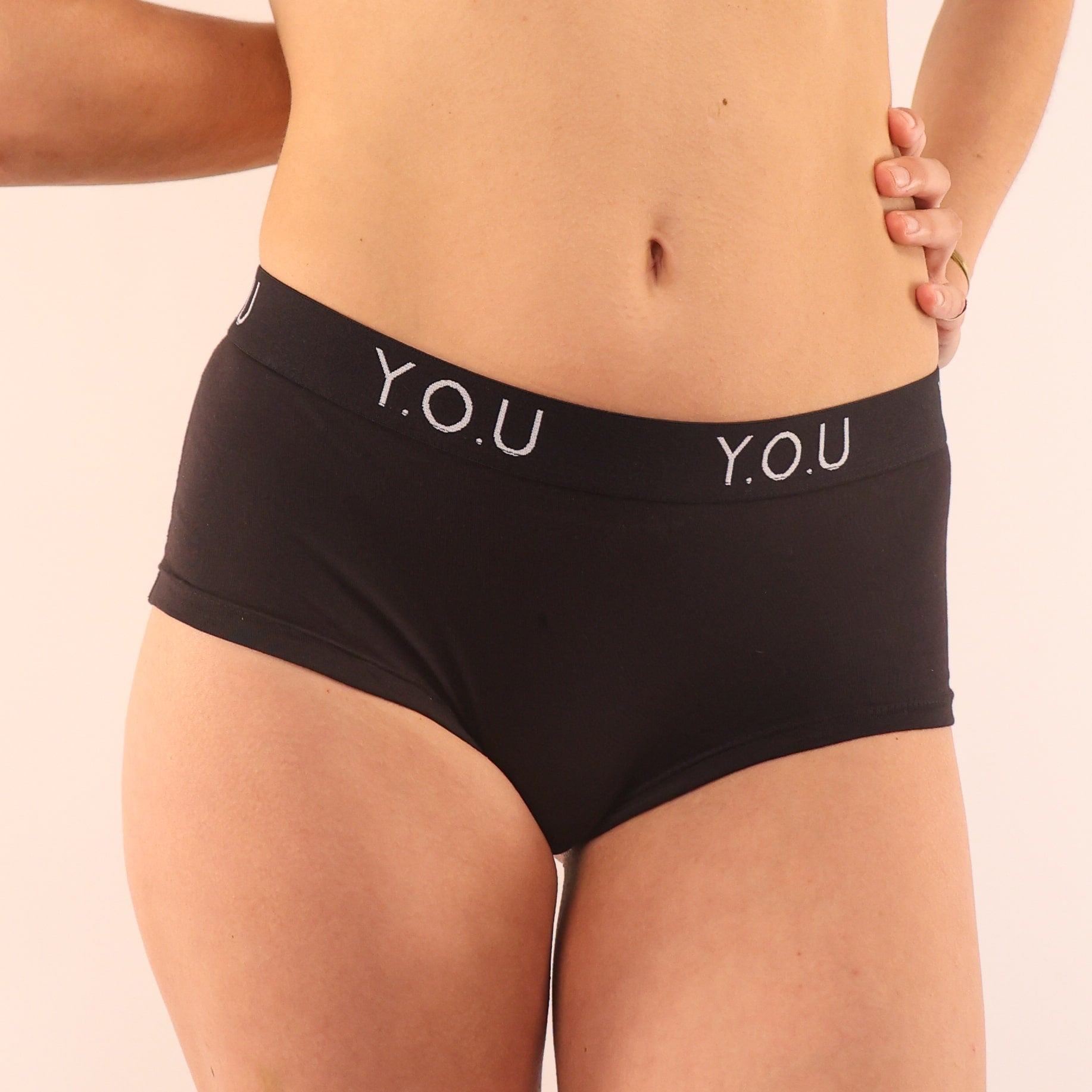



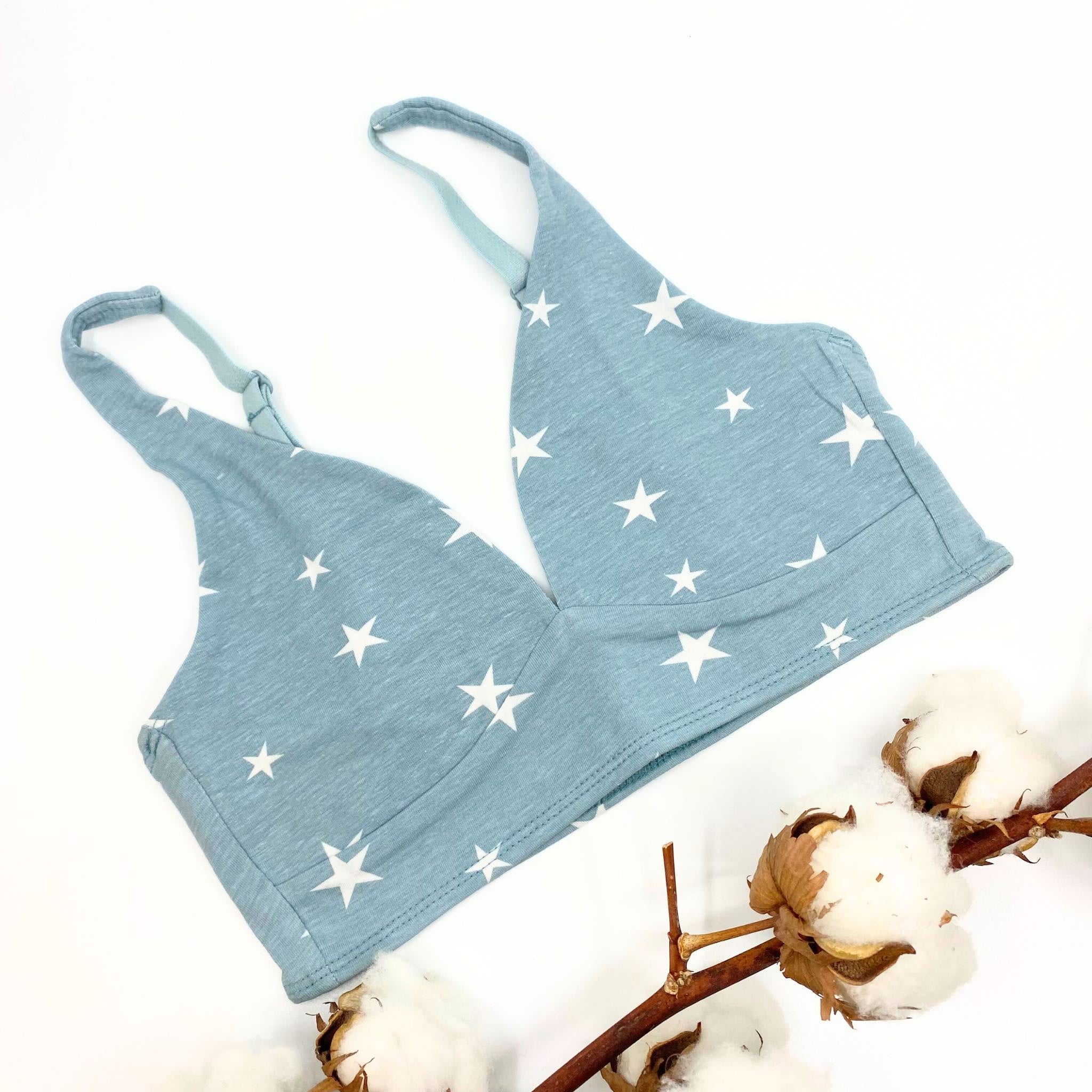
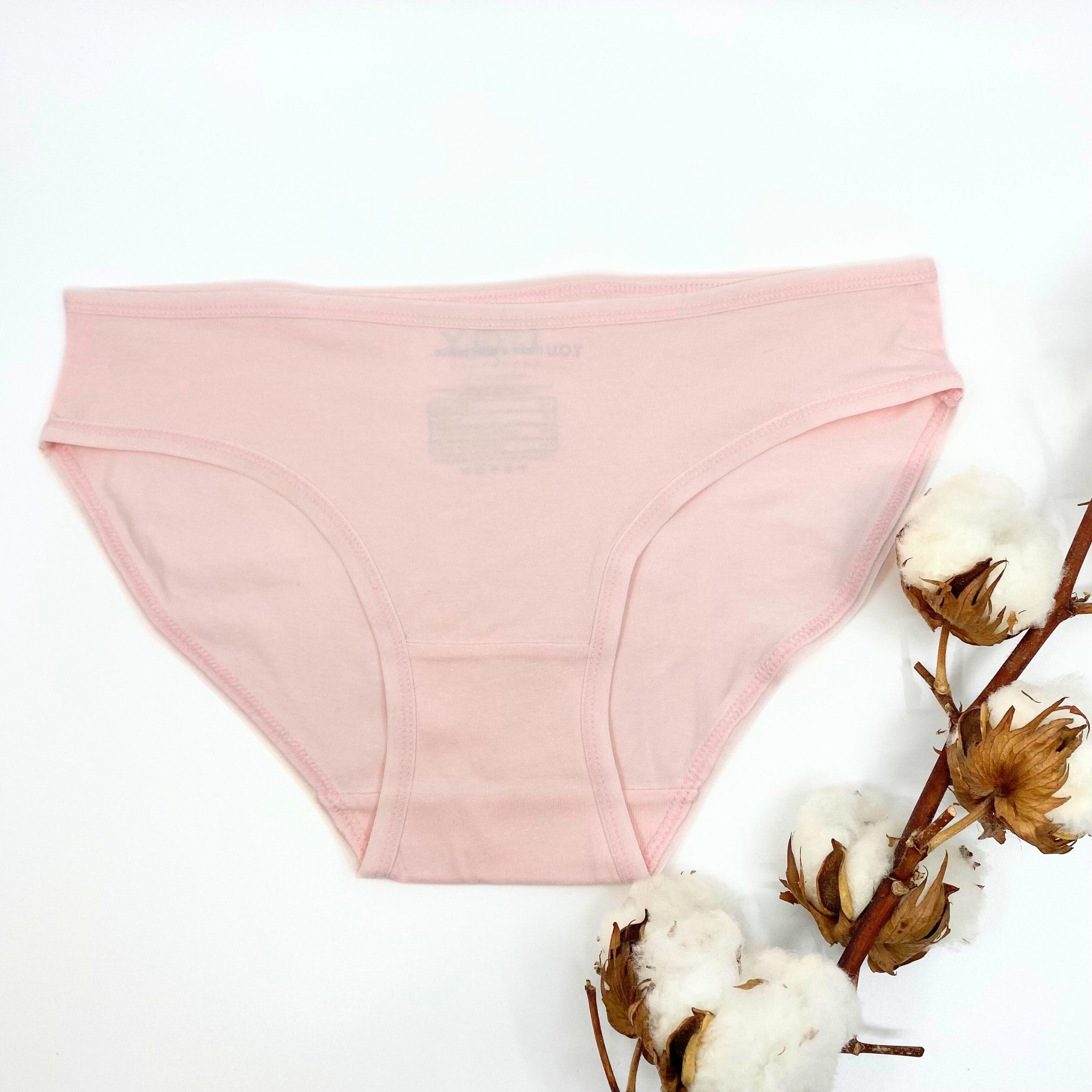
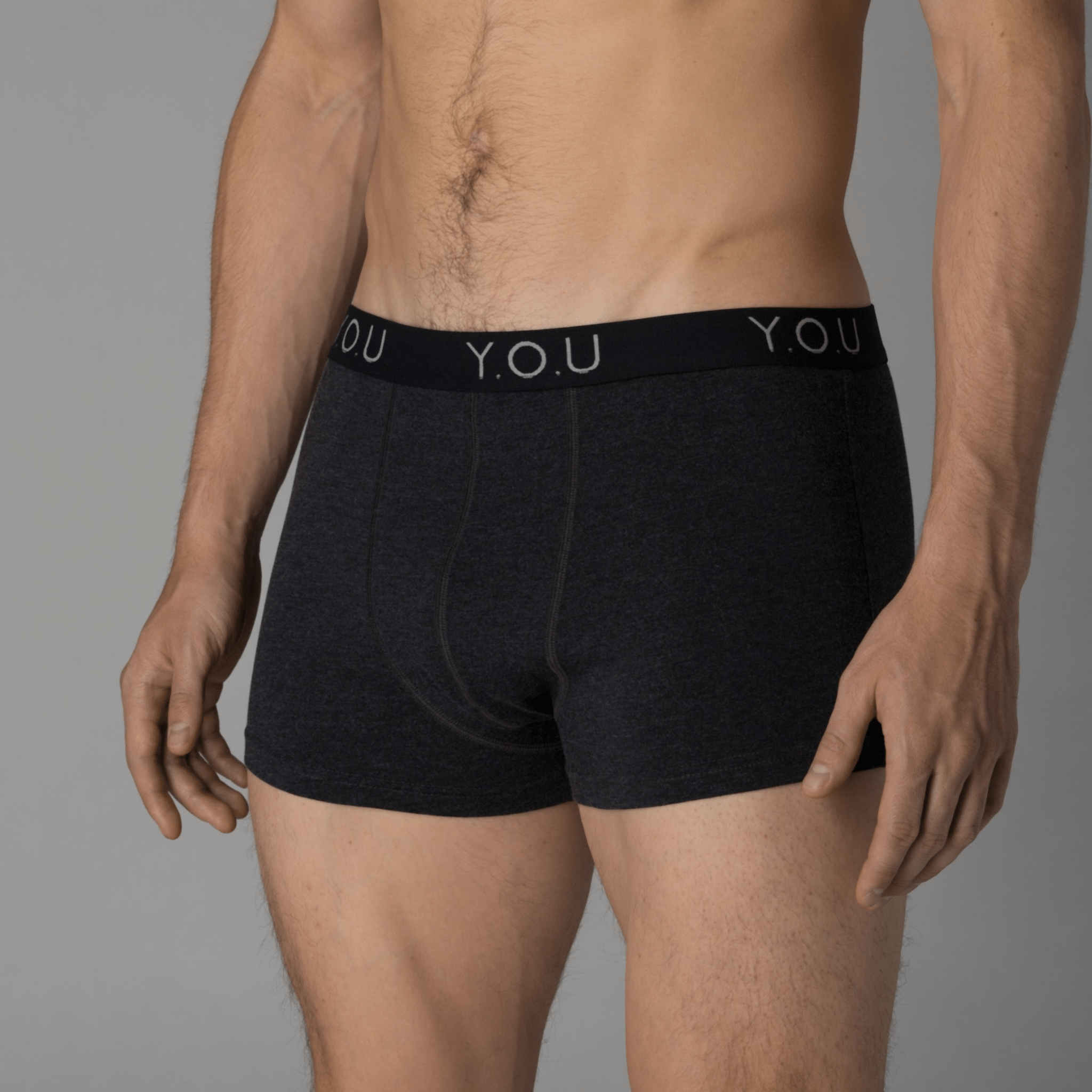


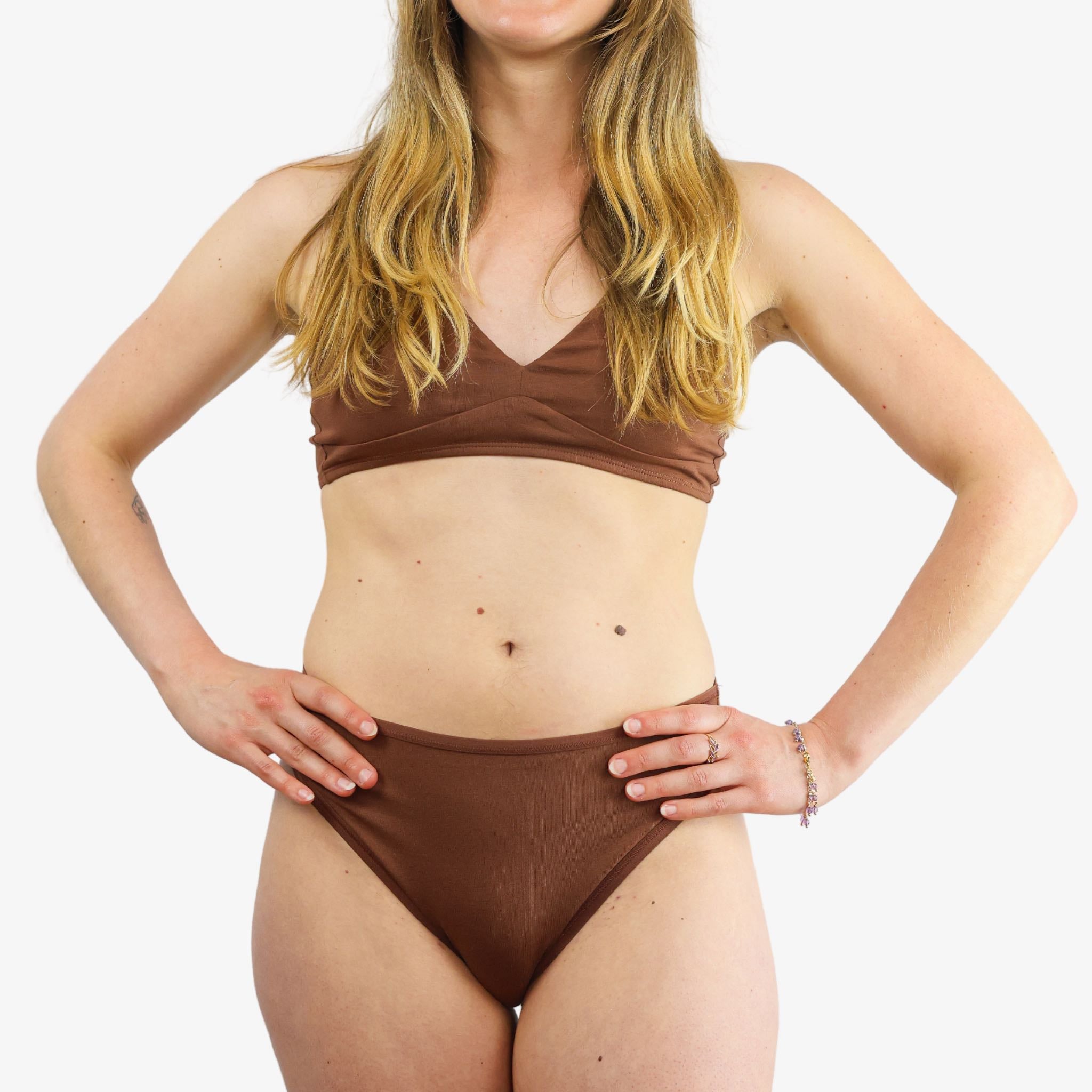
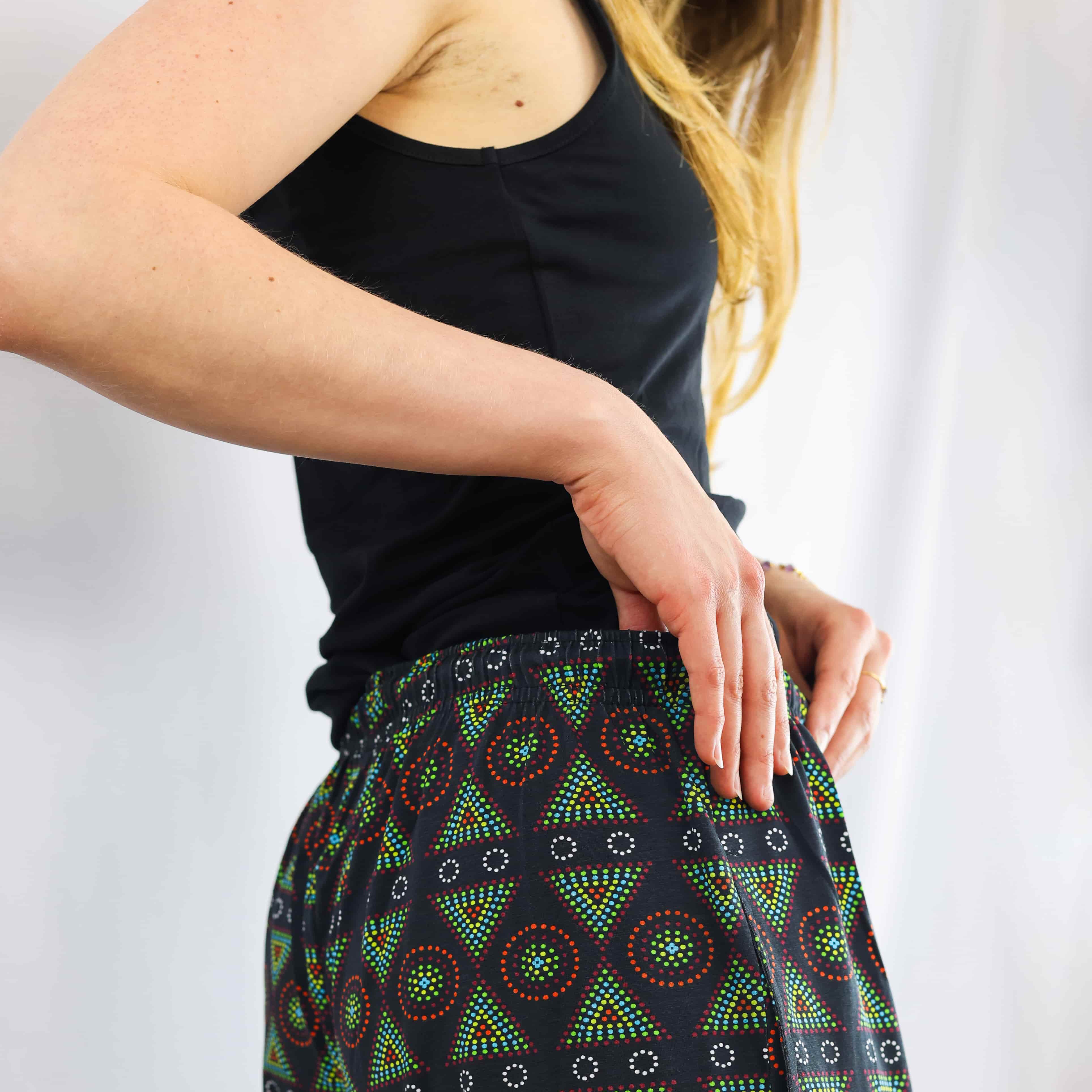
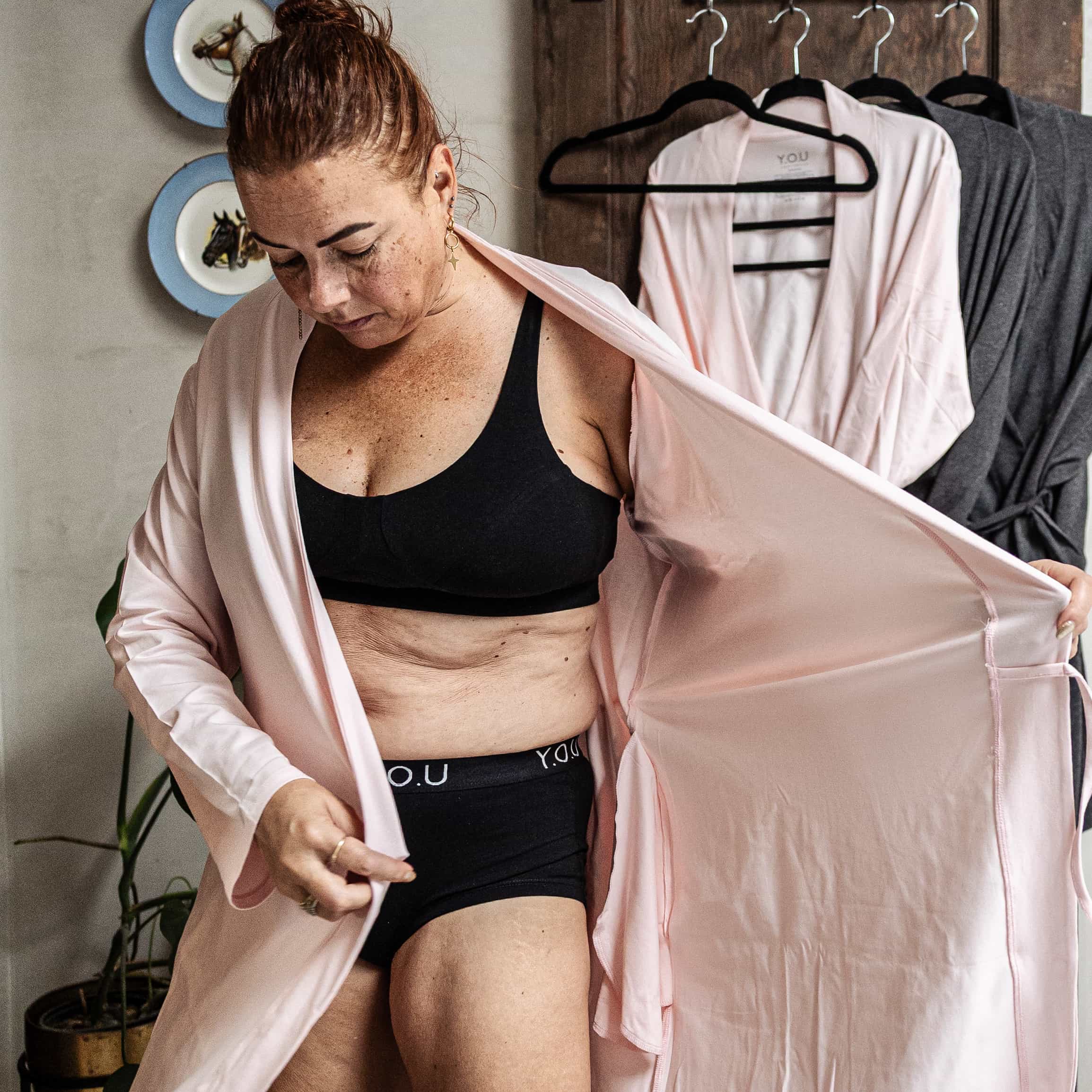
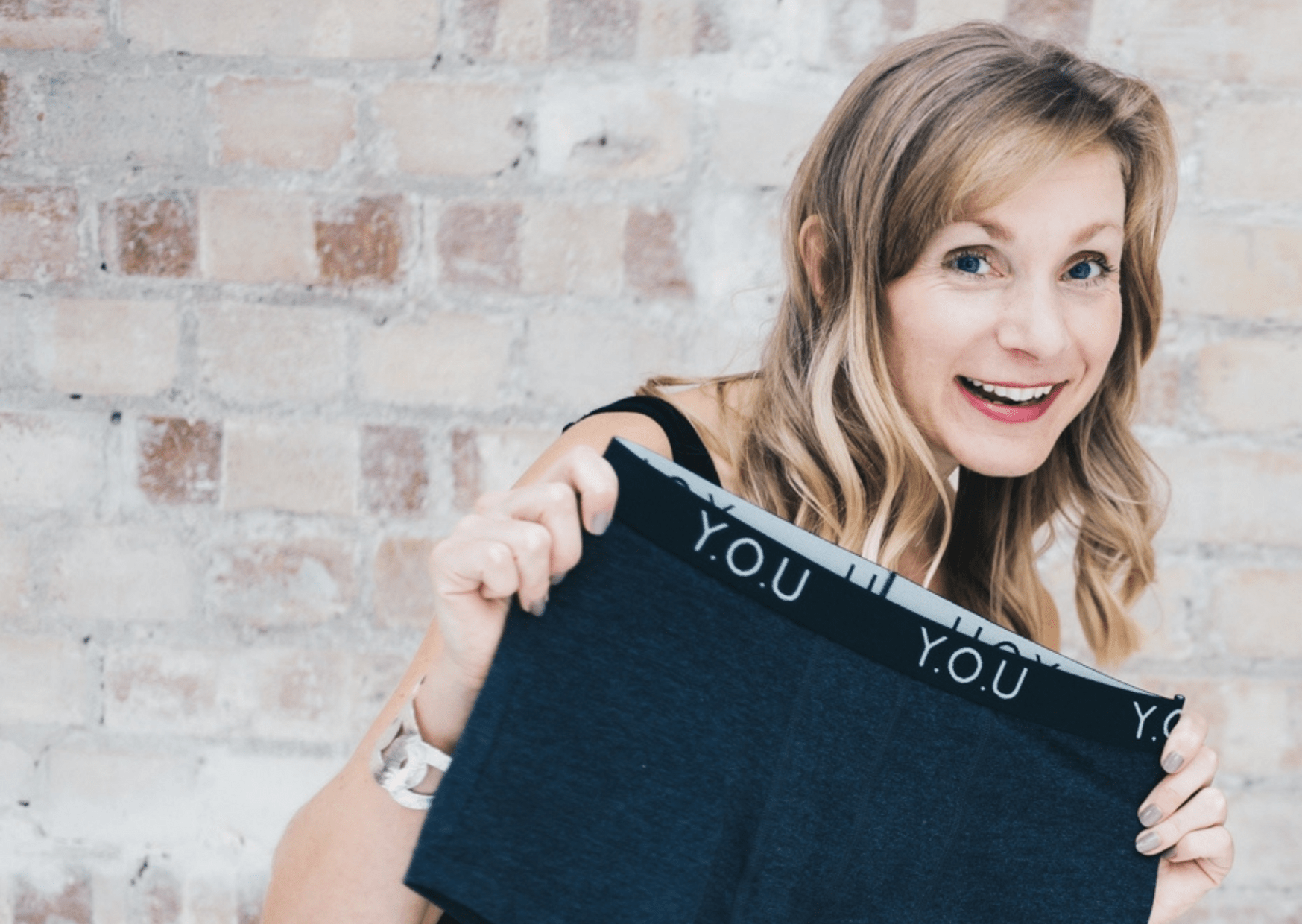
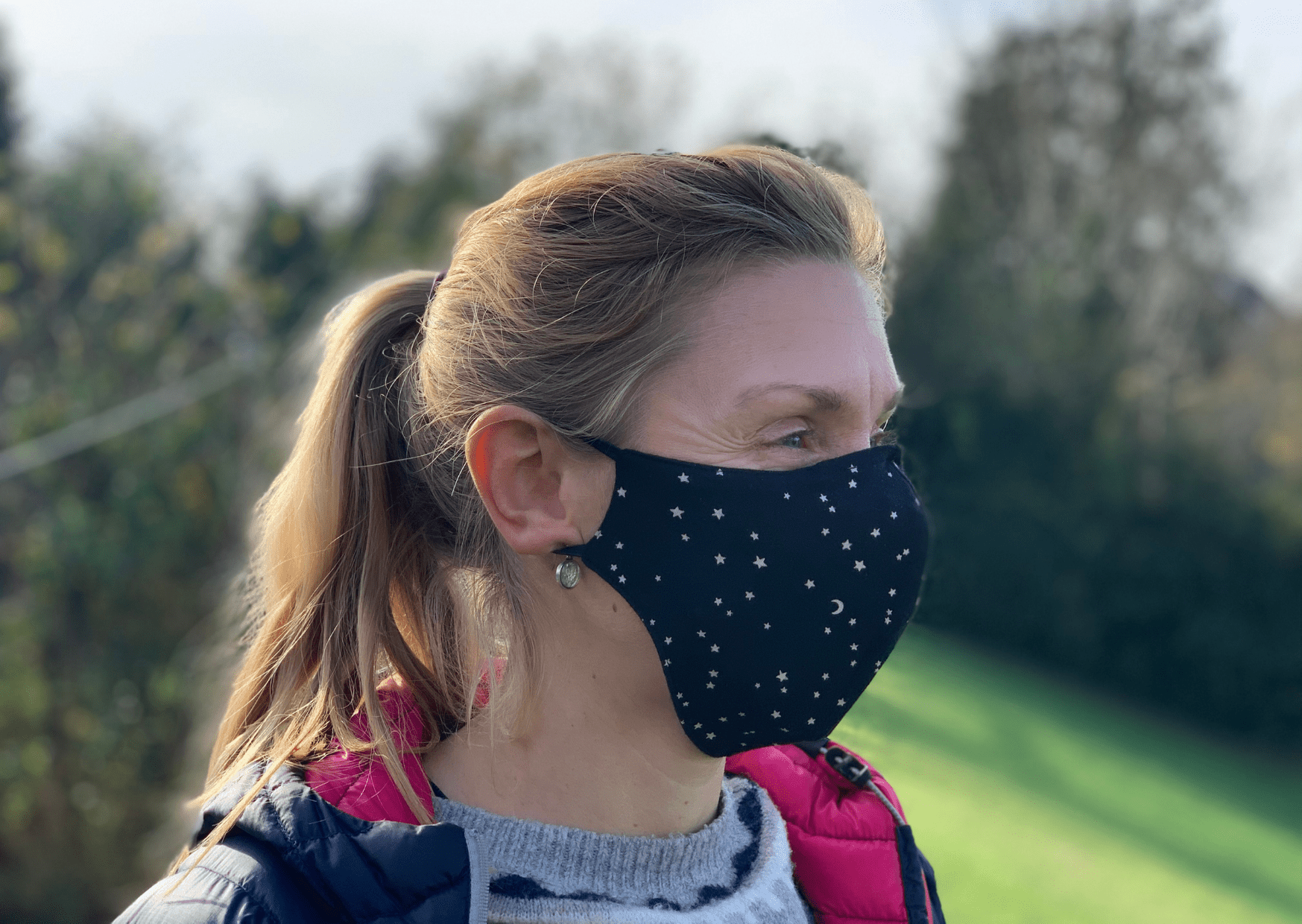
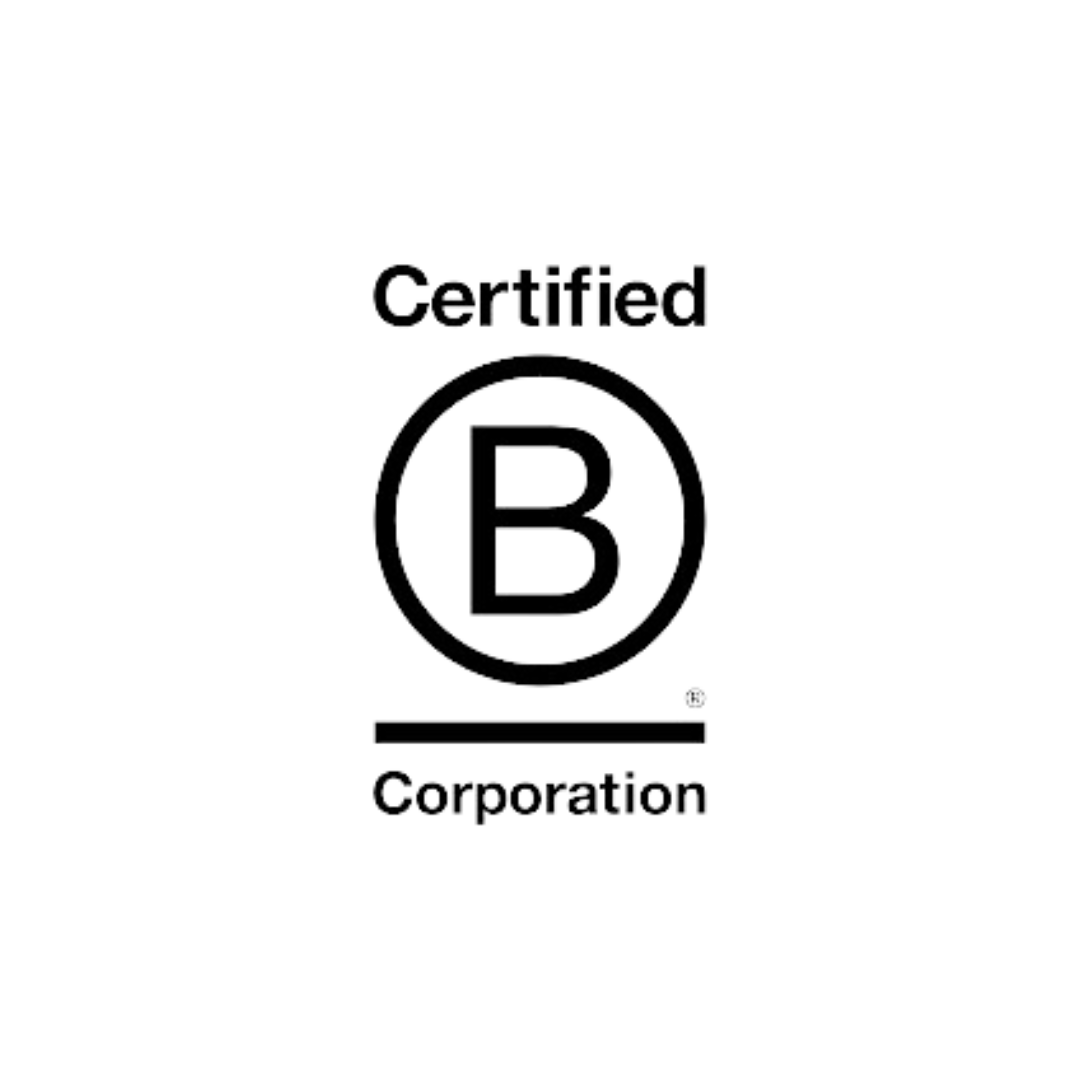
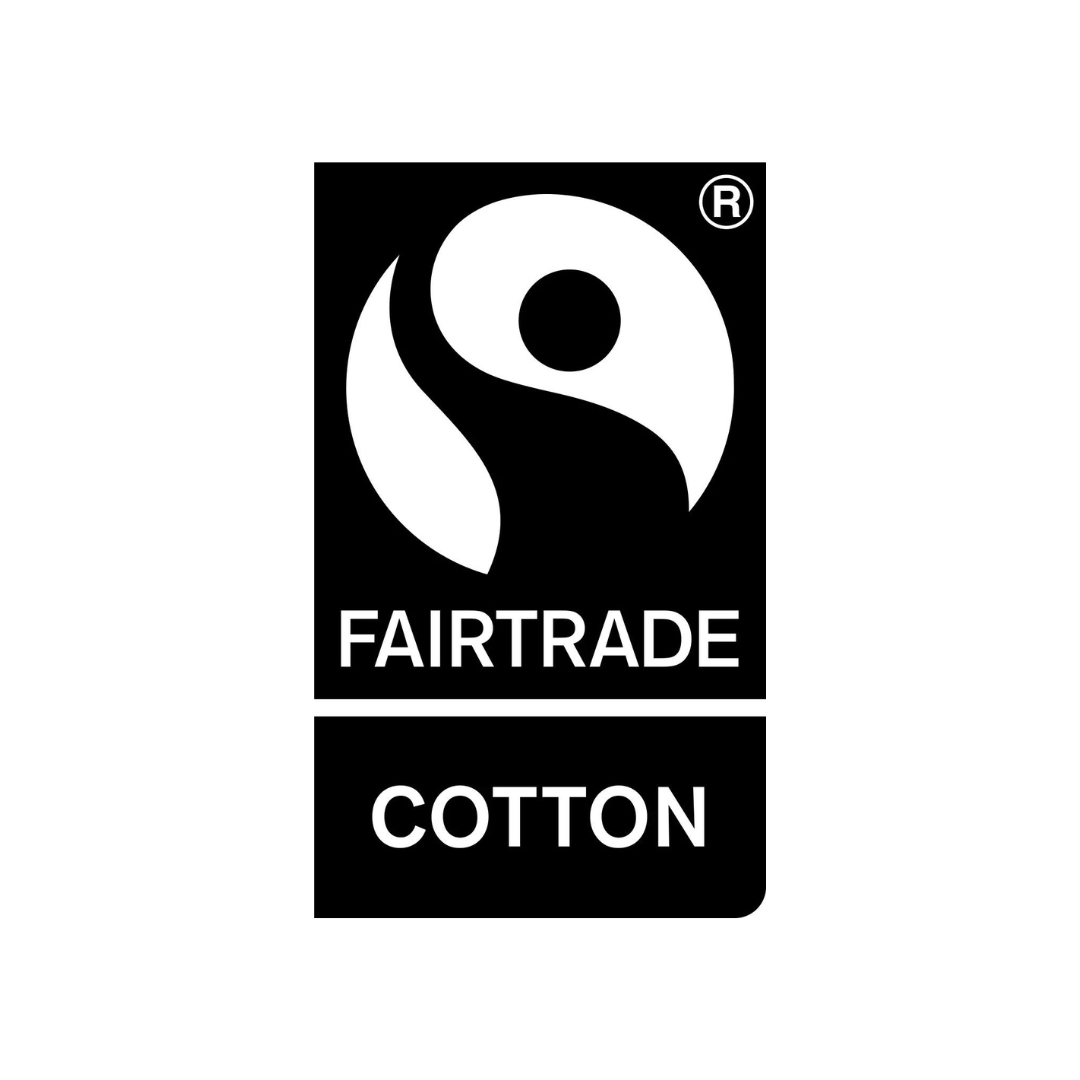
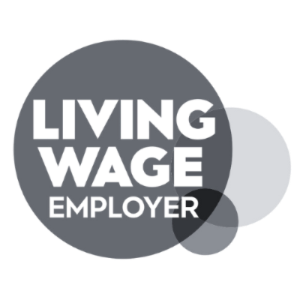

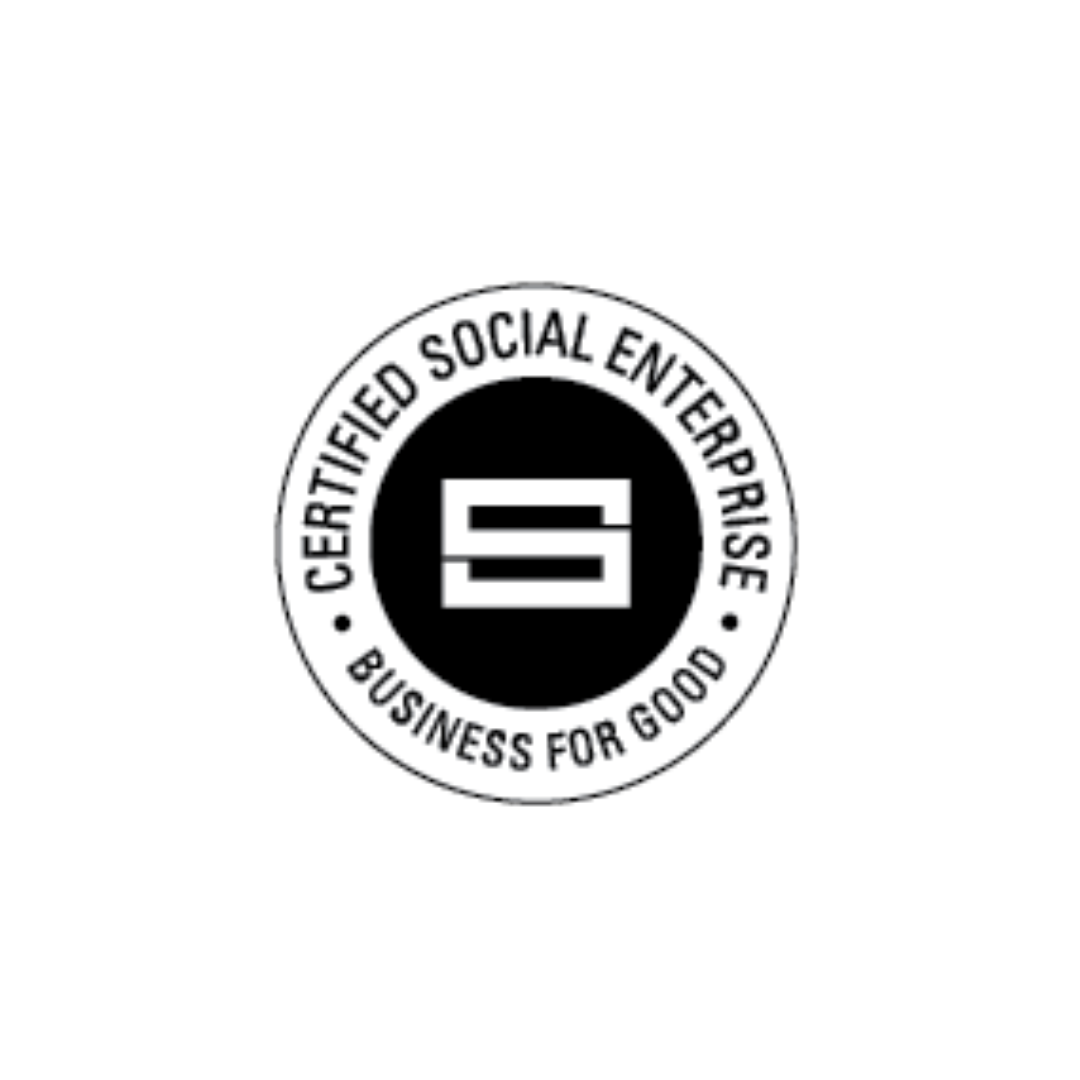
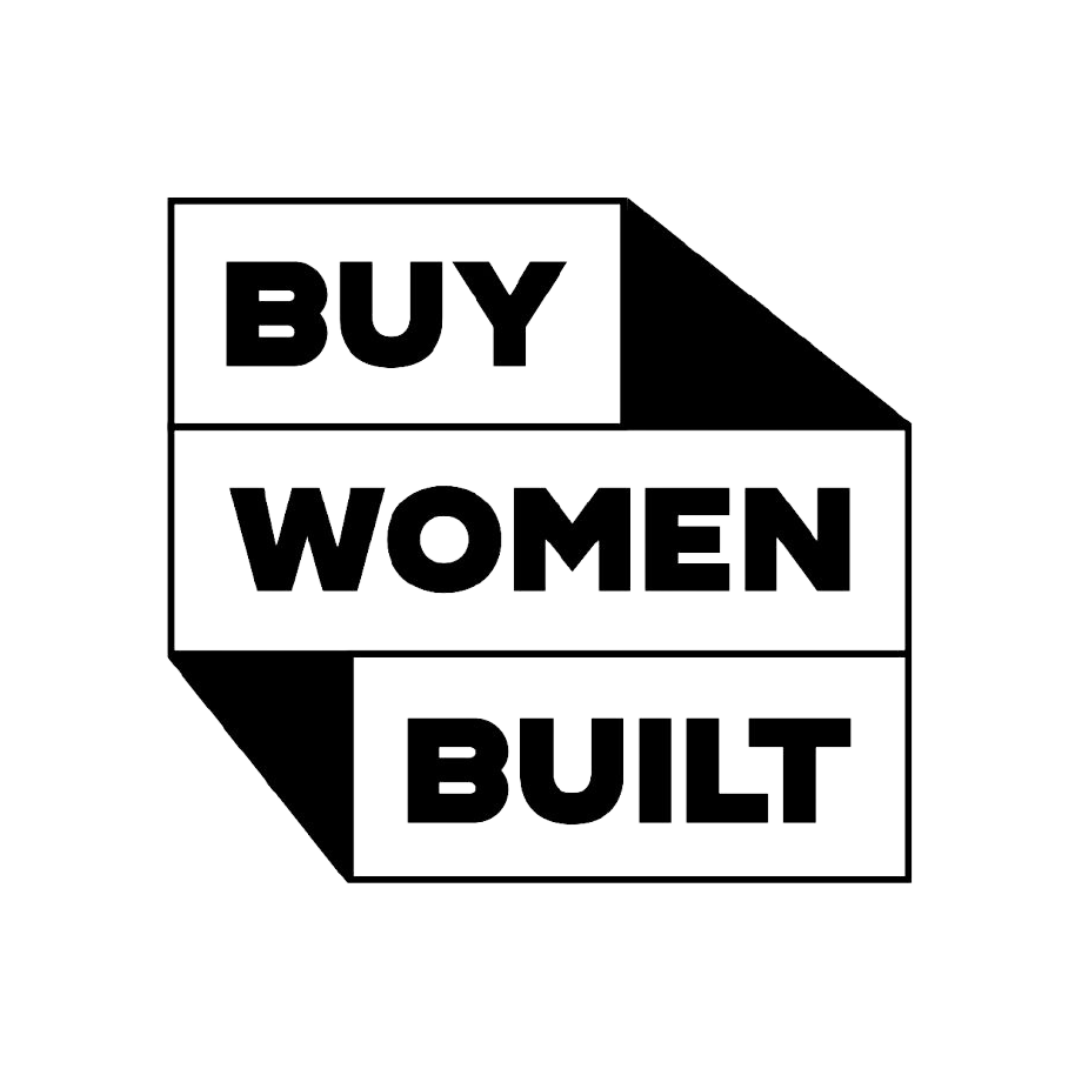
Leave a comment
This site is protected by hCaptcha and the hCaptcha Privacy Policy and Terms of Service apply.